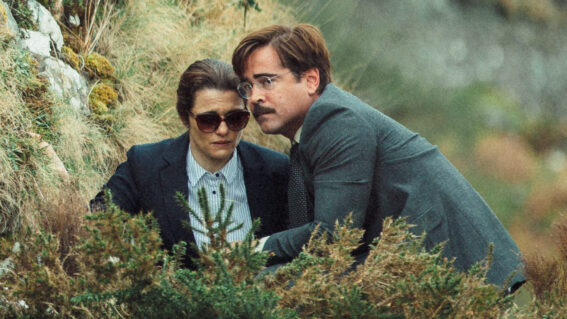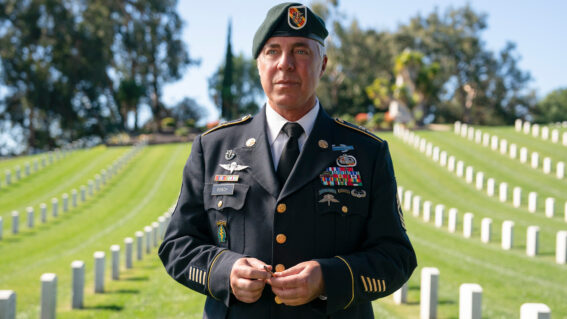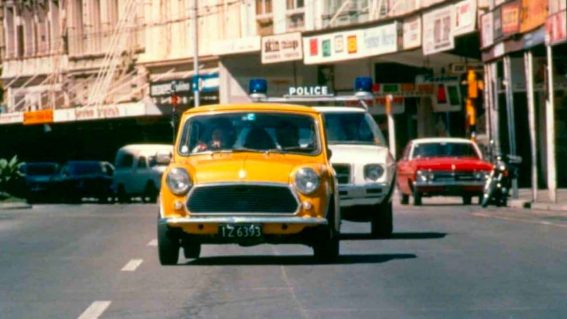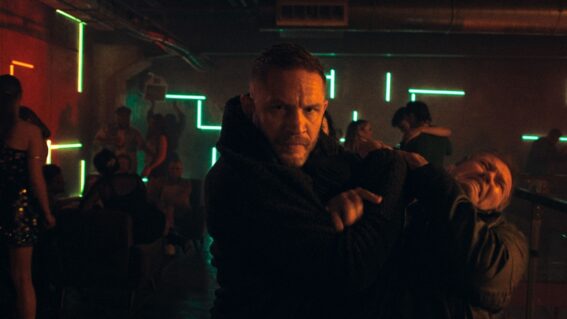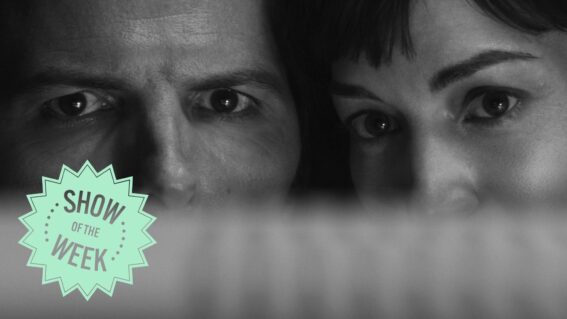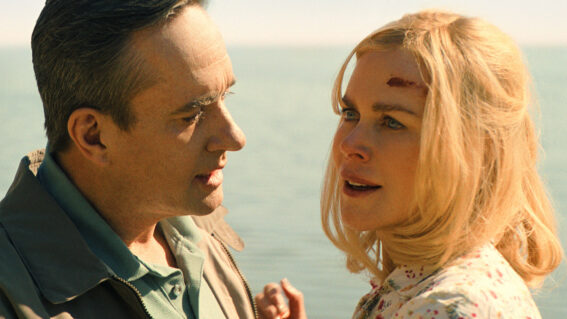“I Was Just Shocked”: Director of Music Doco ‘Mavis!’
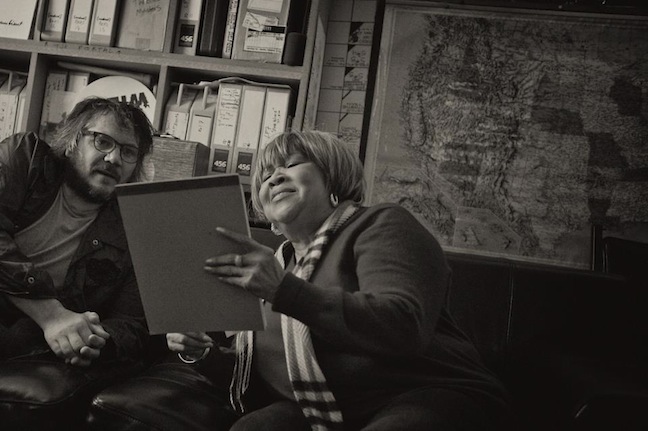
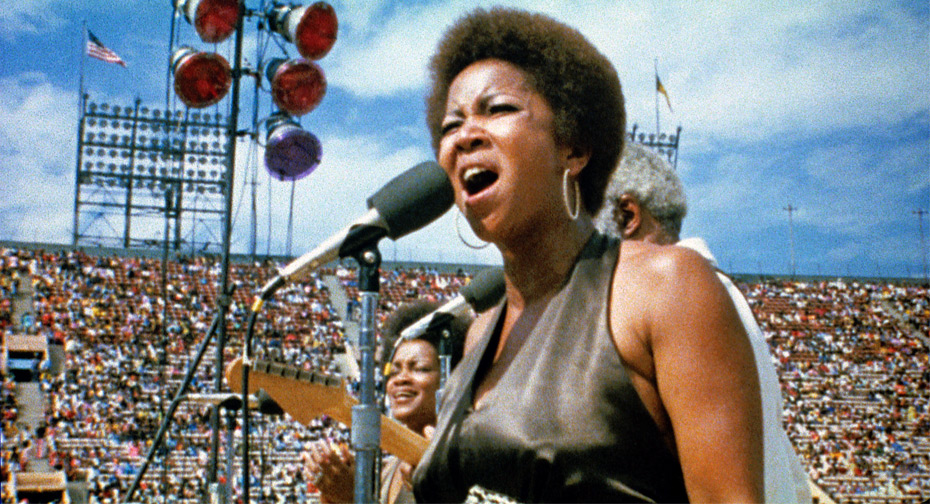
Documentary filmmaker Jessica Edwards’ Mavis! is the story of the extraordinary gospel singer Mavis Staples and her family band The Staple Singers.
The Staple Singers began performing for their church in 1948 when Mavis was just nine years old. With sisters Cleotha and Yvonne, brother Pervis and family patriarch Roebuck ‘Pops’ Staples on electric guitar the group signed their first contract in 1952 and began travelling and performing throughout the Southern US. The deep, raspy voice of young Mavis imbued the group’s gospel with a haunting soul, and it wasn’t long before they were experimenting with more popular styles of music.
Thanks to Pops Staples’ natural feel for adapting different genres to their devotional style, The Staple Singers remained popular throughout the 1950s, ‘60s and ‘70s, signing with Al Bell’s Stax Records and Curtis Mayfield’s Curtom label along the way. After seeing Dr. Martin Luther King speak at a church service in 1963, Pops was inspired to introduce protest movement messages into their music, a musical ideology Mavis has held to her entire career. The group was inducted into the Rock n Roll Hall of Fame in 1999, although Mavis had also been producing music as a solo artist since the 1960s. She won her first Grammy in 2011.
Filmmaker Jessica Edwards had her eyes opened one fateful night in 2013 after seeing then-74 year old Mavis play live at a venue in Brooklyn, New York. The resulting obsession turned into a film that debuted at SXSW in Austin, Texas last year, and opens in cinemas in New Zealand at the end of April.
Flicks’ Leonie Hayden chatted to Edwards about the subtleties of documenting a living legend and trying to keep up with the world’s most energetic septuagenarian.
FLICKS: I spent a short amount of time with Mavis in 2008 when I was doing publicity for the WOMAD music festival. She had this wonderful lack of artifice to her, no ‘I’m the star, you’re the fan’ distinction at all. She was just already a member of whatever community she happened to find herself in.
JESSICA EDWARDS: You’ve hit the nail on the head. I think that really comes from touring through the South with her family and being part of a family unit for so many years. Despite major accolades and records and travelling all over the word, I think that really affected the kind of person she became. Pops Staples, Roebuck, her dad, obviously played a big part in that; Pops really instilled that in her.
You were inspired to make the film after you saw Mavis perform in Brooklyn in the summer of 2013. What’s the next step after that ‘aha!’ moment in order to make contact and earn the family’s trust so you can tell their story?
I emailed her manager! It’s sounds a little silly now but I basically cold called and I got lucky because they had already been having similar ideas about this kind of project. You know, half of documentary filmmaking is hard work and the other half is luck, and that was super good luck. I was just shocked that there wasn’t already a film about her. That was the thing that surprised me the most.
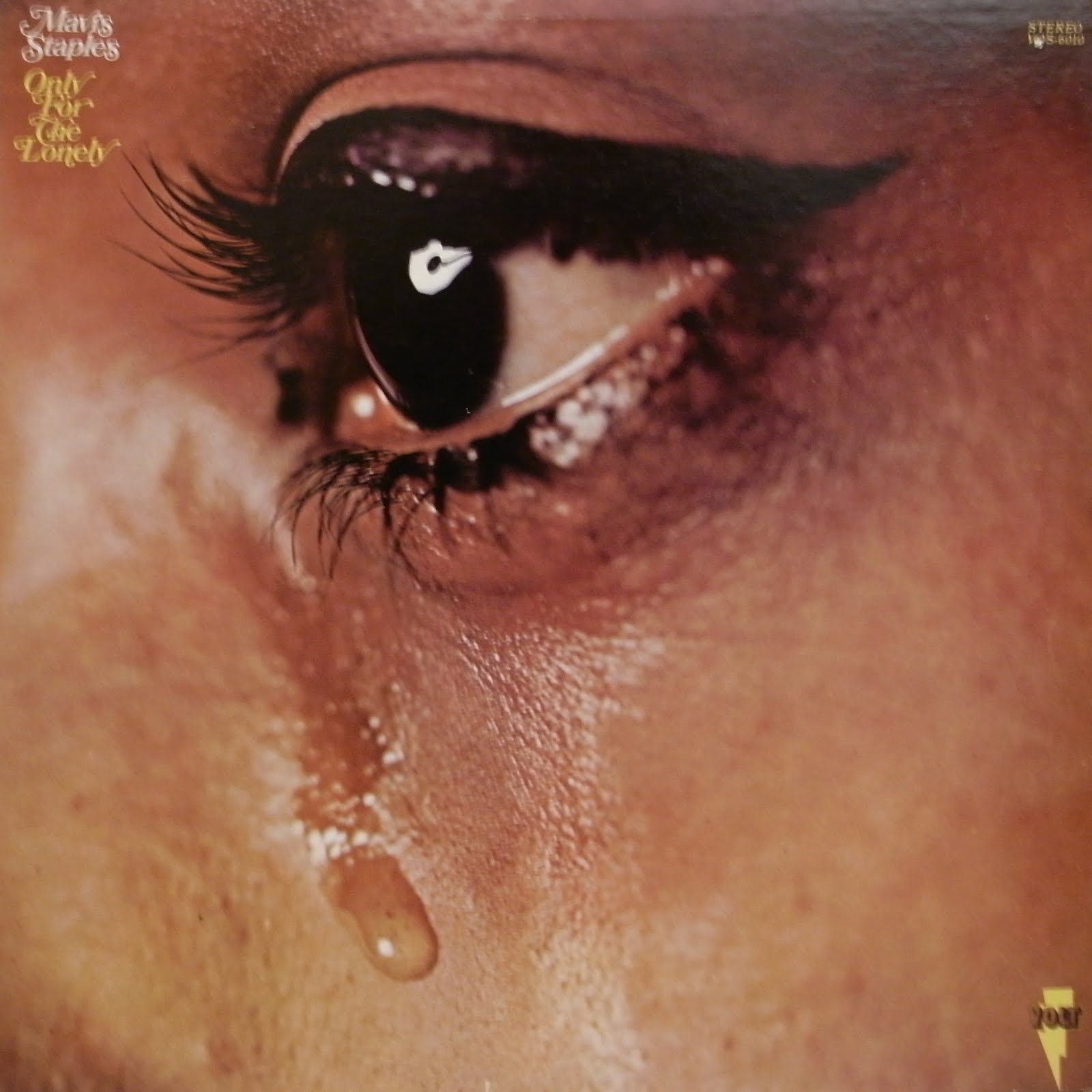
Did Mavis have an idea of how she wanted to be portrayed or what the story arc would be?
We spent about a year filming her. She’s had such a rich life and it’s still so active, she’s still out there doing amazing things, which is part of the reason I was so interested in working with her. She is still this force of nature and hasn’t really slowed down. So we talked about the kinds of things we wanted to film but she didn’t see the film until we screened it for the first time in Austin, Texas, at SXSW in March last year. We really built the story out of what we found. The biggest challenge in making the film was just how much of the story there is. Trying to figure what we should tell and how we should tell it became a big part of how we made the movie.
Please forgive me for using this term, but there’s this incredible ‘Forrest Gump’ aspect to the historical narrative in the film in that Mavis’ life and the lives of the Staple Singers keep intersecting with these really important figures throughout recent history—singing for Dr. King and the civil rights movement, signing with Al Bell and Stax, Mavis’ romance with Bob Dylan, the collaboration with Prince…
[laughs] I have definitely used that to describe her before without, of course, all of the baggage that goes along with it. You can talk about any point in the history of American music and, you know, there’s Mavis. They were so great at moving seamlessly between musical genres without losing any of the really important messages. I can’t think of another musical group that did that but is still active now and making almost more important music now than she’s ever made.

I love in the film that while she seems so happy to be connecting with artists like Prince, like Jeff Tweedy from Wilco, just happy to be working, she doesn’t seem to realise just how big an influence she is on them.
I get the feeling from spending time with her that really this is a calling for her. It’s the job she was put on this earth to do… it’s God’s work. You have to understand, Mavis was singing professionally at 11 years old and pushing through weekend tours until she finished high school. She has seen everything, and frankly, since she’s been doing it from such a young age, she doesn’t know anything else. She’s not going, ‘oh I’m affecting all these people, I’m changing lives!’ She wants to bring joy but also really she really can’t do anything else. Her manager told me that he tries to get her to take a couple of weeks off and after a week she’s on the phone asking, “where am I going next!” She can’t sit still.
And as you portray in the film, she still has a strong message to share. The family’s involvement very early on in the civil rights movement, very early in Martin Luther King’s journey as a leader in that movement, and Pops Staples’ statement that “if he can preach it, we can sing it”—Mavis is still pushing that.
Mavis and her family were one of the first groups to be singing these types of songs, certainly within gospel but also even before the folk singers. They were some of the first African-American musicians to put those messages into their songs and have them stay there. They sang some secular music but predominantly what they were pushing out there was messages of equality, freedom and love. Mavis has always done that. Even stuff she was doing with Prince in the ‘80s, the material that they would pick had to pass this litmus test of positive messaging.
In a contemporary framework, over the past five/ten years while Mavis has been touring as a solo act she really was one of the only ones until Kendrick Lamar and Beyoncé also started to add movement messages to their music. Mavis never stopped. You have this now 78-year-old lady and she’s singing about these really hard issues and then there’s an explosion of attention on [Beyoncé’s song] ‘Formation’ and I’m thrilled that people are putting those messages into their music because music is a great vehicle for that, but the Staple Singers have been doing it since the ‘50s.
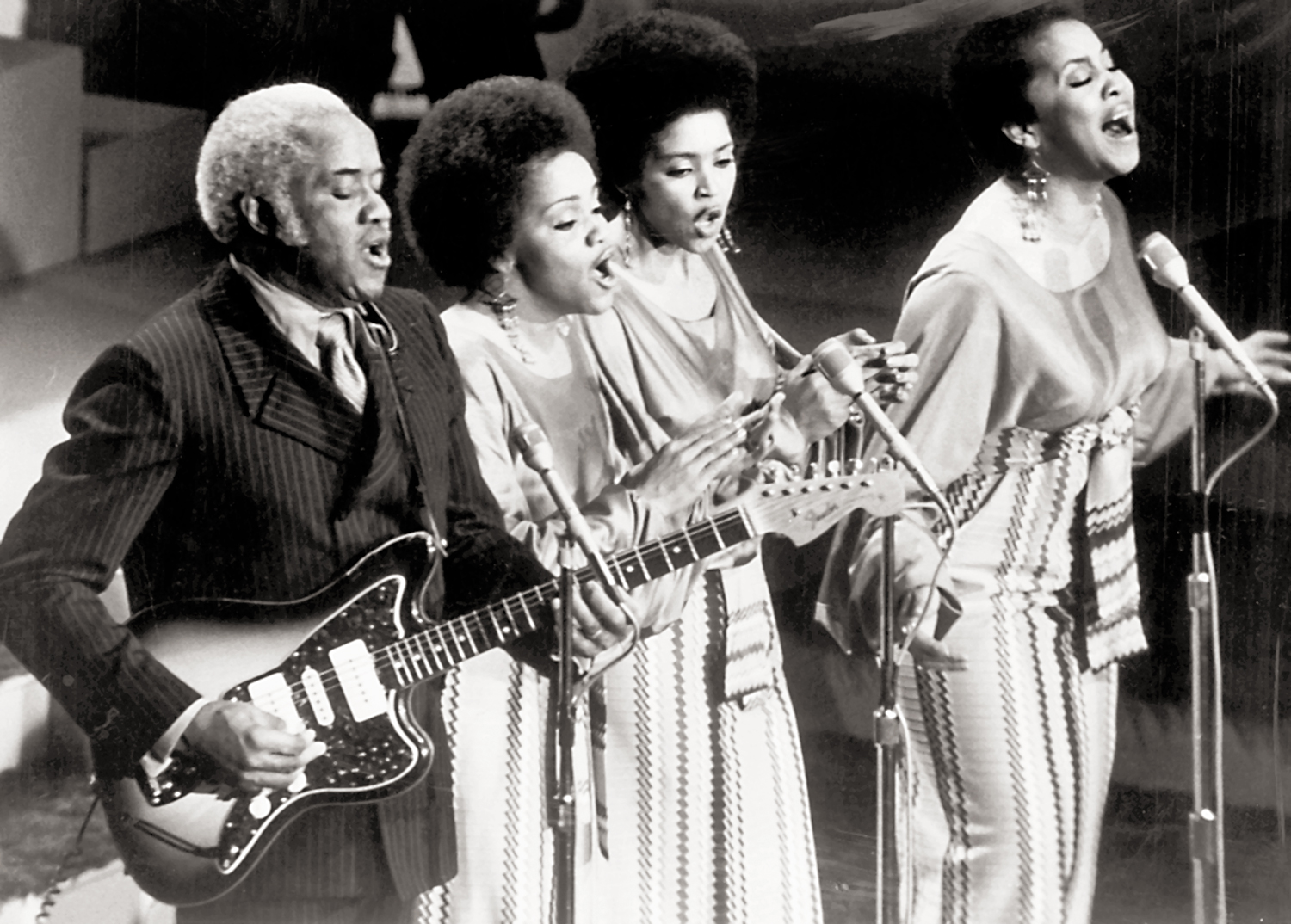
You filmed ‘Mavis!’ for a year but you also tell her story through an incredible archive of filmed performances that span so many decades. The footage is all in beautiful condition. What was the process of sourcing all of that?
The archive was an ongoing and continuous hunt/search/battle…we just found whatever we could. I hired a couple of archive researchers but most of the heavy lifting was from Mavis’ family archive and the television stuff isn’t so hard to find.
The thing I was most excited about getting was the early gospel performances. Really early stuff was hard to get. I said to Mavis, ‘No one thought to take a Brownie camera on tour?’ and she was like, ‘What do we want to take pictures for? It wasn’t a vacation.’ [laughs]
We ended up getting some amazing stuff from this show called The Jubilee Showcase which was a Chicago gospel show—gospel and jubilee music—which ran in Chicago for decades and was a really popular Sunday morning show. The host kept this meticulous archive and we were able to get some great footage of the family from there.
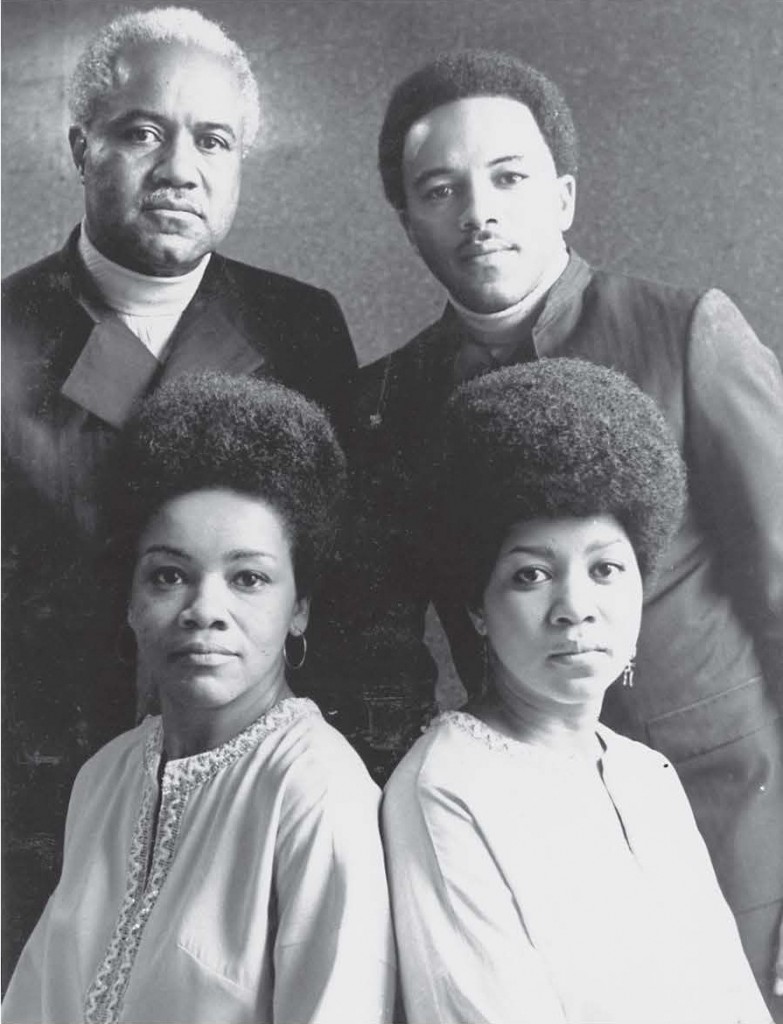
I think one of my favourite things about the film is discovering the huge role that Pops Staples played not just in Mavis’ life but in developing these new styles of blues guitar, of rock n roll and gospel, of funk and blues. He’s such a gentle presence but then you have musicians like Levon Helm and Bonnie Raitt and Bob Dylan talking about him with absolute reverence.
As we started shooting, everyone we spoke to was like, ‘Oh you’re doing a movie about Mavis? Let me tell you this story about Pops…’ and they’d go on to say something amazing. And the way that Mavis talked about him became such an essential part of… it’s the centre of who she is today. It was a real focus that we wanted to keep. Then when we found out she had given this never-released album that Pops recorded to Jeff Tweedy to fix, and that she wanted to release it while we were filming, I knew that this was they way the film had to go. We need to focus on this relationship.
What was your experience of Mavis’ and the Staple Singers’ music before you saw her that night in Brooklyn?
My mom listened to a lot of Stax while I was growing up and I knew the hits, I knew ‘I’ll Take You There’ and ‘Respect Yourself’ and I had seen The Last Waltz [1976 documentary on The Band’s last ever concert, which featured The Staple Singers on ‘The Weight’] when I was a teenager, which was a favourite. But really I rediscovered her through the albums she did with Jeff Tweedy and it was on that tour for One True Vine that I saw her live. I almost didn’t even make the connection that she was that Mavis Staples, who had been on so many familiar hits from the ‘60s, until I went home and began digging. So yeah, I was certainly a fan but not an expert. And now I’m definitely a fan and very much an expert.

